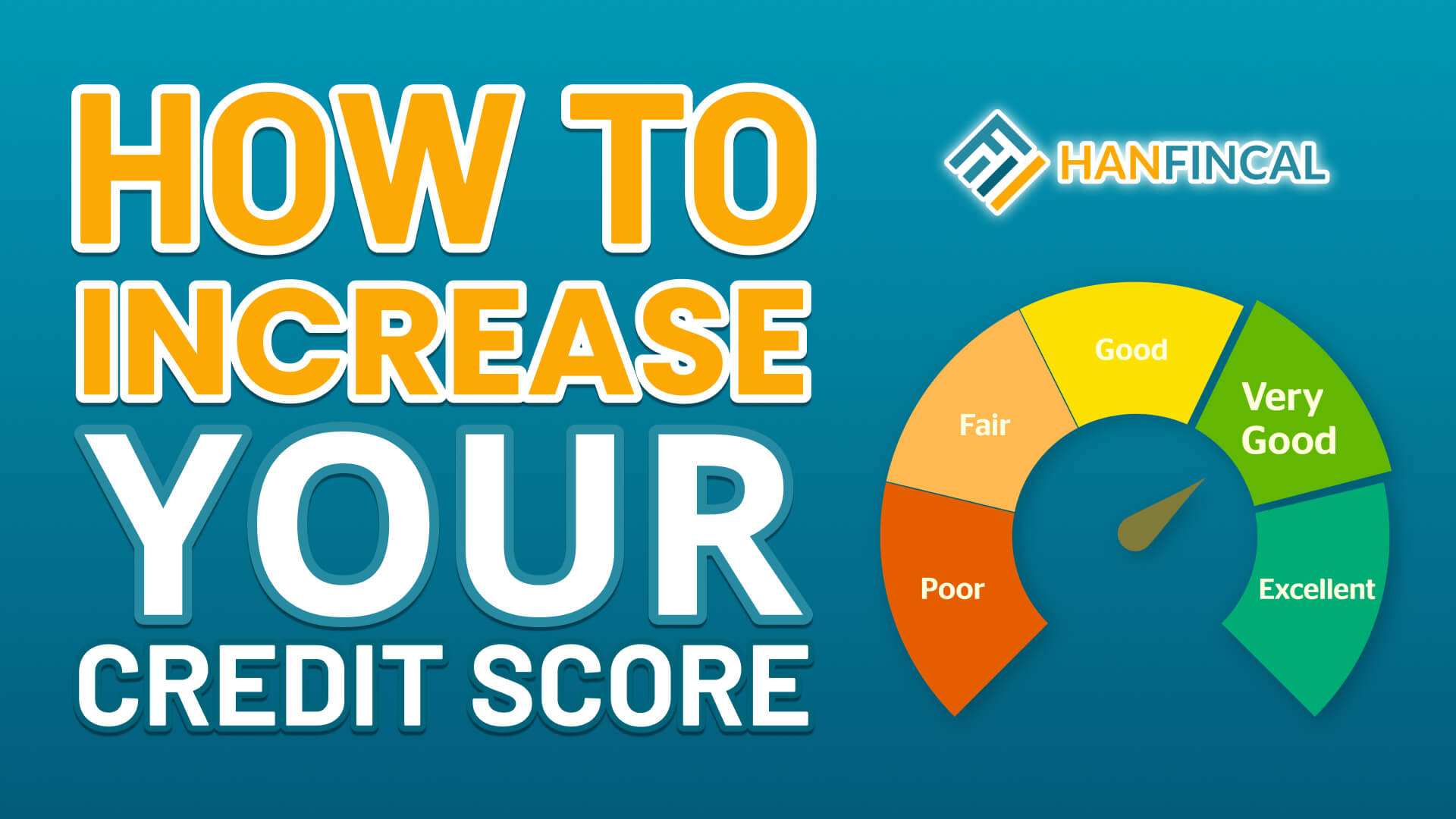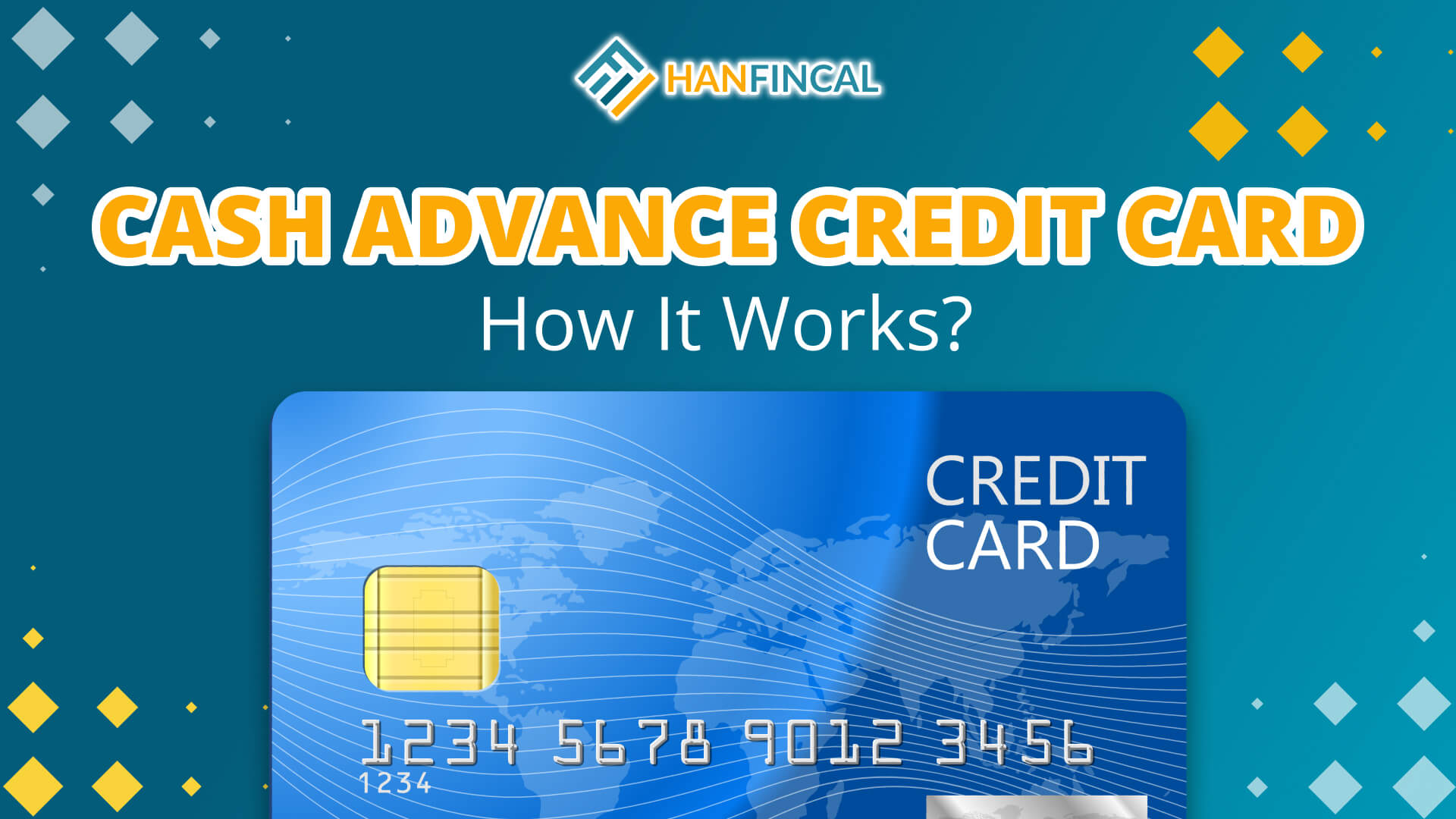How much credit card debt is too much? Are you looking for an answer to this question as well? When you borrow more than you can afford, you may accumulate too much credit card debt. There are no universal formulas for determining excessive debt. You can figure out this by considering your income, lifestyle, and total available credit. Hanfincal will show everything about this topic.
1. How much credit card debt is too much?

How much credit card debt is too much?
1.1. High credit card debt ratio = total monthly credit card payments / total net monthly income
You should never spend to exceed 10% of your net income towards credit card debt. When credit card payments consume too much of your income, it becomes difficult to afford all bills that must be paid each month. As a result, the credit card debt ratio is the simplest way to determine whether you have too much credit card debt. As your credit card debt ratio rises, it becomes increasingly challenging to balance your budget. If you allow your ratio to rise above a certain point, it will most likely strain your budget.
1.2. High credit utilization ratio = current total balance / total credit limit
A high credit utilization ratio illustrates that you are using more of your available credit than your lender is willing to allow. While there is no universal standard for an excessive credit utilization ratio, many financial experts recommend aiming for 30% or less.
It is always preferable to have a lower credit utilization ratio. The best thing you can do for your credit is to pay off your debts each month. When your balances are too high, it lowers your score. Anything above 30% credit utilization will lower your credit score.
There is a distinction between using more than 30% of your available credit and paying it off before the closing date and regularly having a credit utilization rate of more than 30%. The former isn’t a big deal – if you can pay off most, if not all, of your debt before your issuer reports your balance to the credit bureaus, you’ll be fine. The latter – a high credit utilization ratio month after month – may indicate that you have too much debt.
1.3. High debt-to-income ratio = total monthly debt payments / total gross monthly income
If your debt-to-income ratio exceeds 43%, you may be ineligible for some mortgage programs. Your debt-to-income ratio is the difference between your monthly debt payments and your monthly income. It is the criterion used by lenders to determine whether you should be approved for a loan. Lenders do not extend credit to people who are already in debt.
This ratio includes all of your debts, including rent or mortgage payments, property taxes and insurance, auto loans, credit card payments, student loans, personal loans, and even in-store credit lines for furniture or electronics.
Looking for a quick loan solution? Apply, qualify, and receive funds promptly. Easy, secure, and efficient.
1.4. Making only the minimum payments each month
Your minimum payment is how much you have to pay each month to keep your account in good standing. Making only minimum payments indicates that your income is insufficient to cover your debts. Therefore, this shows that you have too much credit card debt.
Furthermore, making only minimum payments means you’re barely making a dent in your debt load. This payment may only cover interest, fees, and a small percentage of your balance. Making minimum payments is similar to treading water; there is a limit to how long you can do it before it becomes too much to bear.
1.5. Maxing out credit cards
Making the most of your credit card appears that you are in desperate need of money and have a propensity to accumulate debt. Furthermore, if you’re regularly exceeding your credit card spending limit, it could illustrate that your debt has gotten out of hand.
Financial experts advise you to keep your credit utilization below 30%. Maxing out a credit card lowers your credit score and makes paying off credit cards more difficult. Your minimum payments will undoubtedly rise, and a lower credit score means fewer debt relief options.
Struggling with credit cards? Immediate relief awaits! Answer a few questions to qualify for personalized assistance.
1.6. Using credit cards for cash advances
Cash advances serve as an emergency fire extinguisher when you require a large sum of money but are unable to handle it at the time. Cash advances come with many different fees, and the interest rates are frequently higher than they would be if they were making a typical purchase. It’s not the best way to borrow money, so if you’re thinking about it, it probably means your bank account is running low on funds.
2. Consequences of too much credit card debt

Consequences of too much credit card debt
2.1. It may be hard to qualify for other financial products
Too much debt can have severe consequences for your financial health and make your life more difficult. Your credit activities will still be reported in your credit report. This will hurt your credit score if you have too much debt. With a low credit score and a high debt-to-income ratio, you may be unable to qualify for or secure good-value loans with low-interest rates, such as auto loans, mortgages, and credit cards.
2.2. You could go into collections
This can be the worst thing you can have if you have excessive debt. A large debt amount may prevent you from making your monthly minimum payments and cause you to be late or miss many other ones. After a few months of missed payments, your issuer may sell your debt to a collection agency. Going into collections will usually hurt your credit score.
2.3. You could have wages garnished
Another repercussion of having too much debt is a paycheck reduction. After reaching you for asking for payments many times without positive results, a court orders your employer to garnish your wages until the debt is repaid. There are limits to how much can be garnished, but having money deducted automatically from your paycheck is a relatively difficult situation to be in. Therefore, this has a significant impact on your financial health; you may not be able to pay rent or living expenses with the meager salary you have left.
2.4. Your credit score could suffer
Too much debt over your ability to pay will result in two issues: your credit utilization ratio will be high, and you may be late on monthly payments. The credit score will suffer significantly when these two troubles are fully documented in the credit report. Because payment history is an essential component of your FICO credit score, missed payments can result in even bigger credit score drops.
You can find a reputable center to help you increase your credit score online; it is FREE. If you are interested, here is one center you should not overlook.
2.5. Your debt could increase quickly
Another bad thing that will happen to you if your debt exceeds your ability to pay is that your interest rate will rise with the amount you owe. The greater your balance, the more interest you will pay. And as your interest charges increase, so will your balance. A circle of debt and interest will encircle you and devastate your financial health.
3. How to get out of credit card debt?
Here are ten tips on how to get out of credit card debt as quickly as possible:
- Set a goal. Begin by deciding on a plan you believe you can achieve. Setting realistic goals for yourself is critical, especially when paying off high-interest credit cards or other types of consumer debt.
- Freeze your credit cards until all of your outstanding balances are paid off. Paying for any purchase with cash rather than a credit will help you separate your needs from your wants and keep track of your spending.
- Make a comprehensive list of all your debts and prioritize them. Most people prioritize mortgage and vehicle payments because they provide shelter and transportation to and from work.
- Lower your spending to free up some cash to pay off your debts faster. Accelerate your debt repayment and get out of debt quickly by reviewing your monthly expenses and looking for ways to save money.
- Make a monthly spending strategy to help you avoid further debt. Create a monthly spending plan for your money so you can get out of debt and stop using your credit cards again and again.
- Use the avalanche method. After you’ve paid off your fixed-payment debts (mortgages, car loans, and term loans), make the minimum payments on your credit cards with the lowest interest rates and the maximum payments on your credit cards with the highest interest rates.
- Use the snowball method. Another strategy that many people use to get out of debt is to pay off small credit card balances first.
- Saving money will allow you to pay off your debts more quickly. The money you save by paying down your debts more quickly will outweigh any interest you earn in a savings account.
- A debt consolidation loan may be a considerable option, also known as a balance transfer. Consider using a debt consolidation loan to consolidate your debts or transferring your credit card balances to a low-interest credit card.
- Refinance your home loan. If you own your home, you might have enough equity to roll all of your debts into your mortgage.
Have you found a solution to your financial problem? Hanfincal believes that the question “How much credit card debt is too much?” is no longer a concern for you today. Too much debt is not only bad in general, but it can also cause financial stress. Consider your income, salary, or current financial situation to determine how much you can spend on your credit card.
==> Read More:




